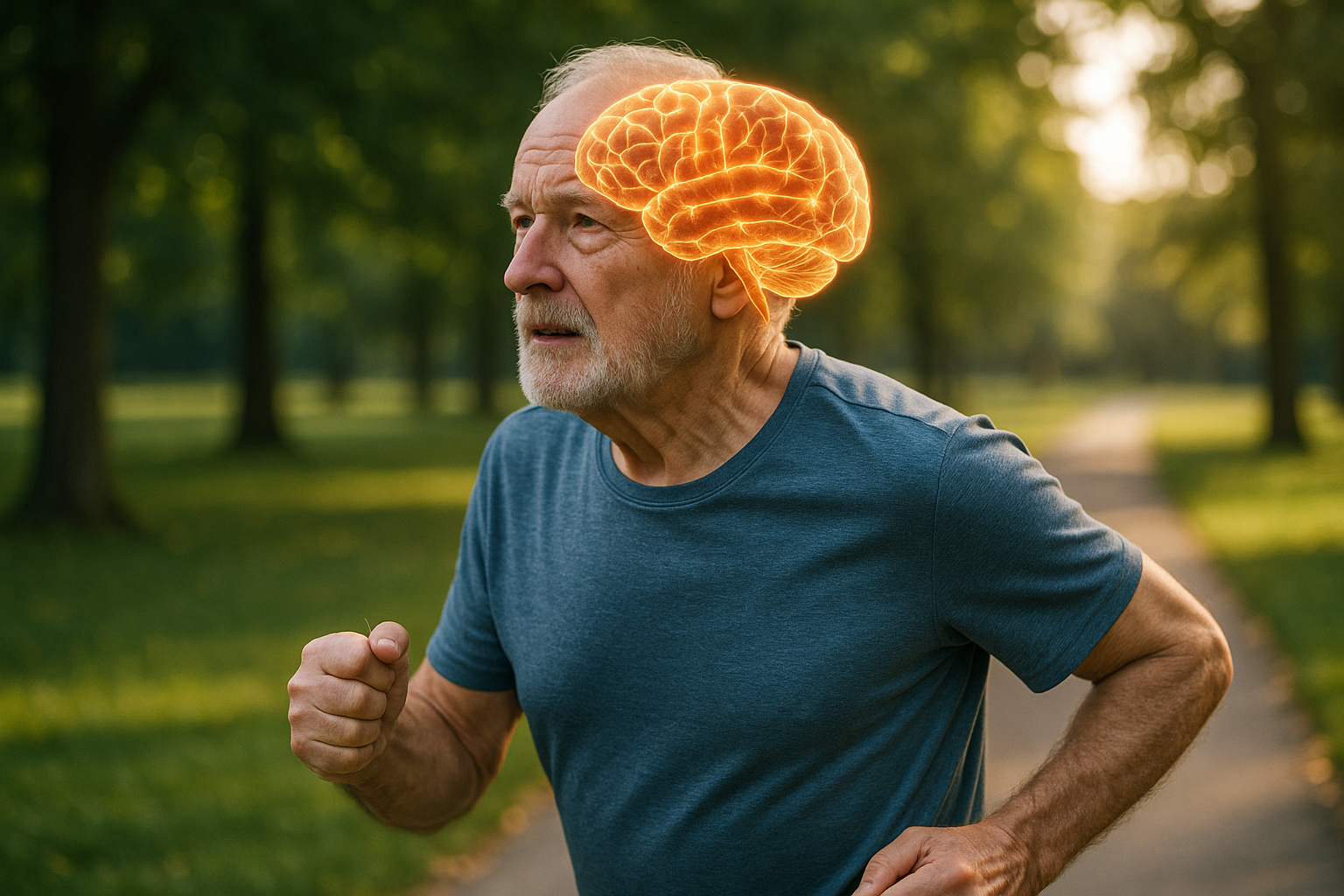Dementia How Doctors Assess Memory and Cognition
A dementia test is a set of clinical and diagnostic steps doctors use to evaluate changes in memory, thinking, and daily function that may indicate dementia. Tests range from brief office screening tools to in-depth neuropsychological assessments and brain imaging. Understanding what to expect can help patients and families prepare for appointments and follow-up assessments.

This article is for informational purposes only and should not be considered medical advice. Please consult a qualified healthcare professional for personalized guidance and treatment.
What is a dementia test?
A dementia test is not a single examination but a process that aims to determine whether cognitive decline is present, its pattern, and possible causes. Initial testing often includes a clinical interview about symptoms, onset and progression, medication review, and reports from family or caregivers. Screening tools are used to detect deficits, and abnormal results usually lead to more comprehensive evaluation to distinguish dementia from mild cognitive impairment or reversible conditions.
Many conditions can mimic dementia, including depression, medication side effects, metabolic problems, and sleep disorders. Identifying reversible contributors is a key part of the testing pathway. The goal is diagnosis, planning for care needs, and identifying treatable factors that could slow or improve cognitive decline.
How do dementia tests assess memory?
Memory testing focuses on different types of memory: short-term recall, delayed recall, and recognition. Standard bedside tests may ask a person to remember a short list of words, recount a story, or copy and later reproduce drawings. These tasks help doctors see how encoding, storage, and retrieval are affected.
Performance is interpreted in the context of age, education, language, and cultural factors. Poor memory on testing that interferes with daily activities raises concern for dementia, but a single score is not definitive. Serial testing over time and input from family about real-world memory failures are important to form a fuller picture.
How do tests evaluate cognition beyond memory?
Cognition encompasses attention, language, problem-solving, executive function, and visuospatial abilities. Dementia tests include tasks such as drawing a clock, naming objects, following multi-step instructions, and solving simple arithmetic or pattern tasks. Neuropsychological testing offers a detailed profile across cognitive domains and can often suggest which brain networks are affected.
Assessing functional abilities—like managing finances, medication, or driving—is part of cognitive evaluation because impairment in these tasks often defines dementia clinically. Mood and behavioral screening are also important, since anxiety, depression, or psychosis can affect cognition and daily function.
What brain scans and lab tests are used?
Imaging and laboratory tests help identify causes and rule out other conditions. Brain imaging, usually MRI or CT, can show strokes, tumors, hydrocephalus, or patterns of atrophy that support particular diagnoses. In some clinical contexts, PET scans or specialized MRI sequences may be used to assess metabolic activity or specific pathologies.
Routine blood tests often include thyroid function, vitamin B12, complete blood count, electrolytes, and metabolic panels to check for reversible contributors. Results guide treatment planning but must be combined with clinical and cognitive findings to reach a diagnosis.
What does the doctor do after testing?
After completing tests, the doctor integrates history, cognitive testing, imaging, and labs to form a working diagnosis. If dementia is suspected, the clinician will discuss the likely type (for example, Alzheimer disease versus vascular dementia), the expected course, and management options centered on symptom management, safety, and planning for care needs. Treatment considerations may include medications, therapy, lifestyle interventions, and addressing comorbid conditions.
Referral to specialists—such as neurologists, geriatricians, neuropsychologists, or memory clinics—may be recommended for complex cases or when the diagnosis is uncertain. Follow-up testing over months to years helps track progression and adjust plans. Advance planning, legal, and social supports are often discussed as part of comprehensive care.
Conclusion
Dementia testing is a multi-step process that combines clinical history, cognitive screening, functional assessment, imaging, and lab work to understand changes in memory and cognition. Tests help distinguish dementia from other causes, guide management, and support planning for future care. Conversations with a doctor and care team are essential to interpret results and determine appropriate next steps.






